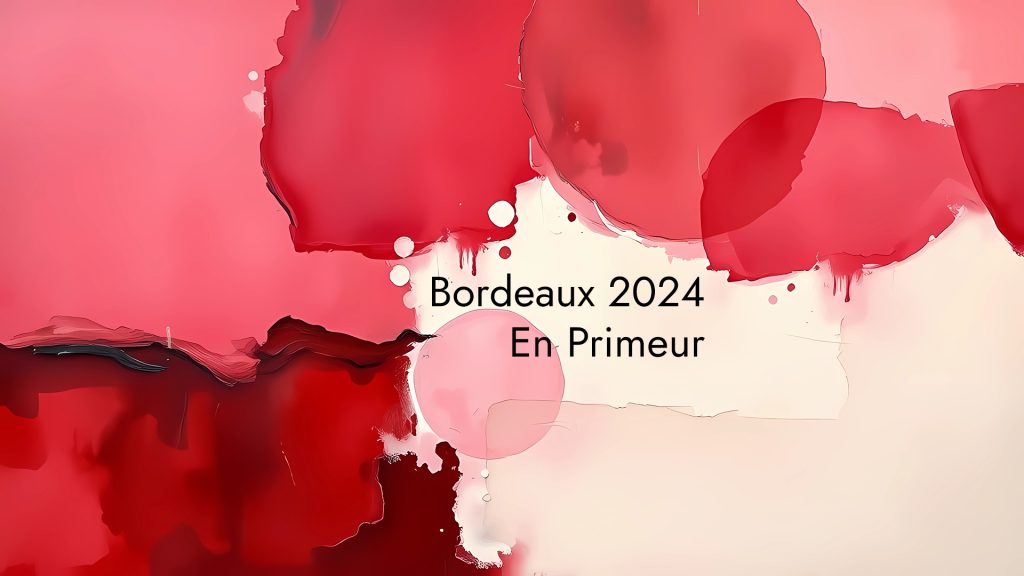Along the gentle curves of the hills, where Bertani’s vineyards bask under the Valpolicella sun, a story of tradition and ambition unfolds. Founded in 1857, Bertani has become a cornerstone of Angelini Wines & Estates, a group that weaves Italy’s rich viticultural heritage into a global narrative. With six wineries rooted in Valpolicella, Tuscany, Friuli, and Marche, Angelini crafts wines that reflect their terroirs with precision and character, each bottle a testament to the land’s soul. In an exclusive interview with CEO Alberto Lusini for Drinks Times, we explore how Angelini balances its storied past with a forward-looking strategy, crafting wines that resonate worldwide while staying true to their Italian roots.
A Legacy Rooted in Terroir
Angelini Wines & Estates is more than a wine producer; it is a guardian of Italy’s diverse wine regions. Bertani, the group’s flagship, pioneered Amarone della Valpolicella Classico, with its first official vintage in 1958. From the gentle limestone slopes of Tenuta Novare in Valpolicella to the rolling hills of Tuscany’s Val di Suga, each estate tells a story of its land’s heritage. “Our mission is to preserve and share the soul of our lands,” Lusini says.
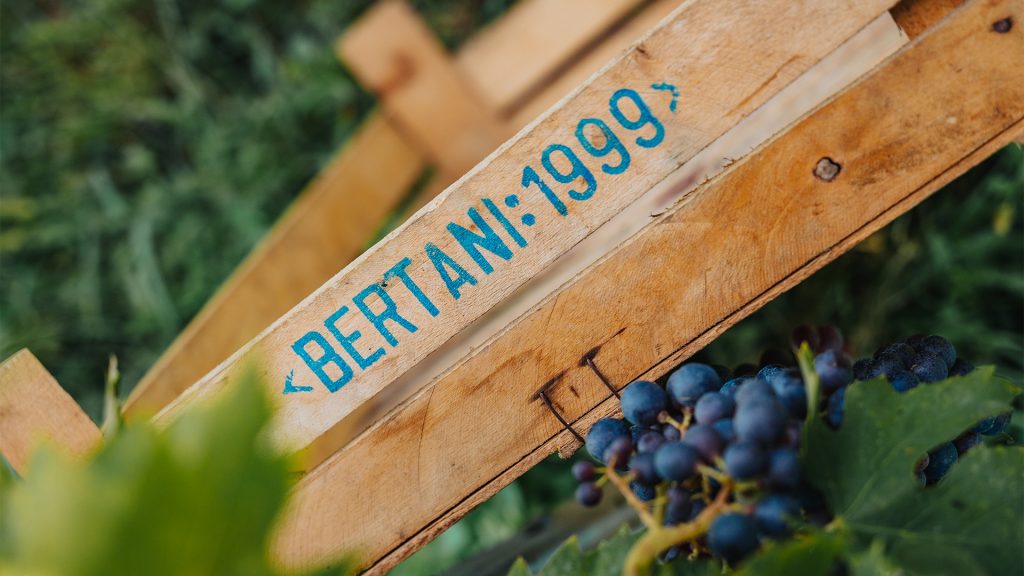
Bertani Amarone della Valpolicella Classico, aged 7 years in Slavonian oak and 1 year in the bottle, exemplifies this dedication through its meticulous “messa a riposo” drying process. Its 2015 vintage earned a 100-point score from James Suckling in 2024. “The 100-point rating for Amarone della Valpolicella Classico Bertani 2015 is a powerful milestone for the excellence we pursue,” Lusini says. “An icon is a symbol of excellence, influence, and enduring value – and if you think about our unique library of old vintages of Amarone della Valpolicella Classico starting from 1958, you can clearly see the depth of heritage, vision, and consistency that define Bertani as a true benchmark.”
Beyond Bertani, estates like Tenuta Trerose in Montepulciano and Fazi Battaglia in Marche uphold their regions’ traditions, producing Vino Nobile di Montepulciano and Verdicchio dei Castelli di Jesi with the same reverence for authenticity. “Authenticity is a non-negotiable value for us,” Lusini emphasizes. “Each of our wineries preserves a unique tradition that we are proud to uphold.”
Innovation Without Compromise
While tradition anchors Angelini, innovation propels it forward. “Innovation is essential to stay relevant – through advanced vineyard practices, precision winemaking, and a data-driven approach, we bring a contemporary perspective to each denomination,” Lusini explains. “Tenuta Trerose in Montepulciano (Tuscany) is fully dedicated to organic viticulture, while Cantina Puiatti in Gorizia (Friuli Venezia Giulia) has recently introduced NOLO a new 9.5% low-alcohol wine, responding to evolving consumer preferences. Our vision of quality is grounded in purpose – empowering each winery to address specific market needs through innovation, authenticity, and a clear sense of identity.”
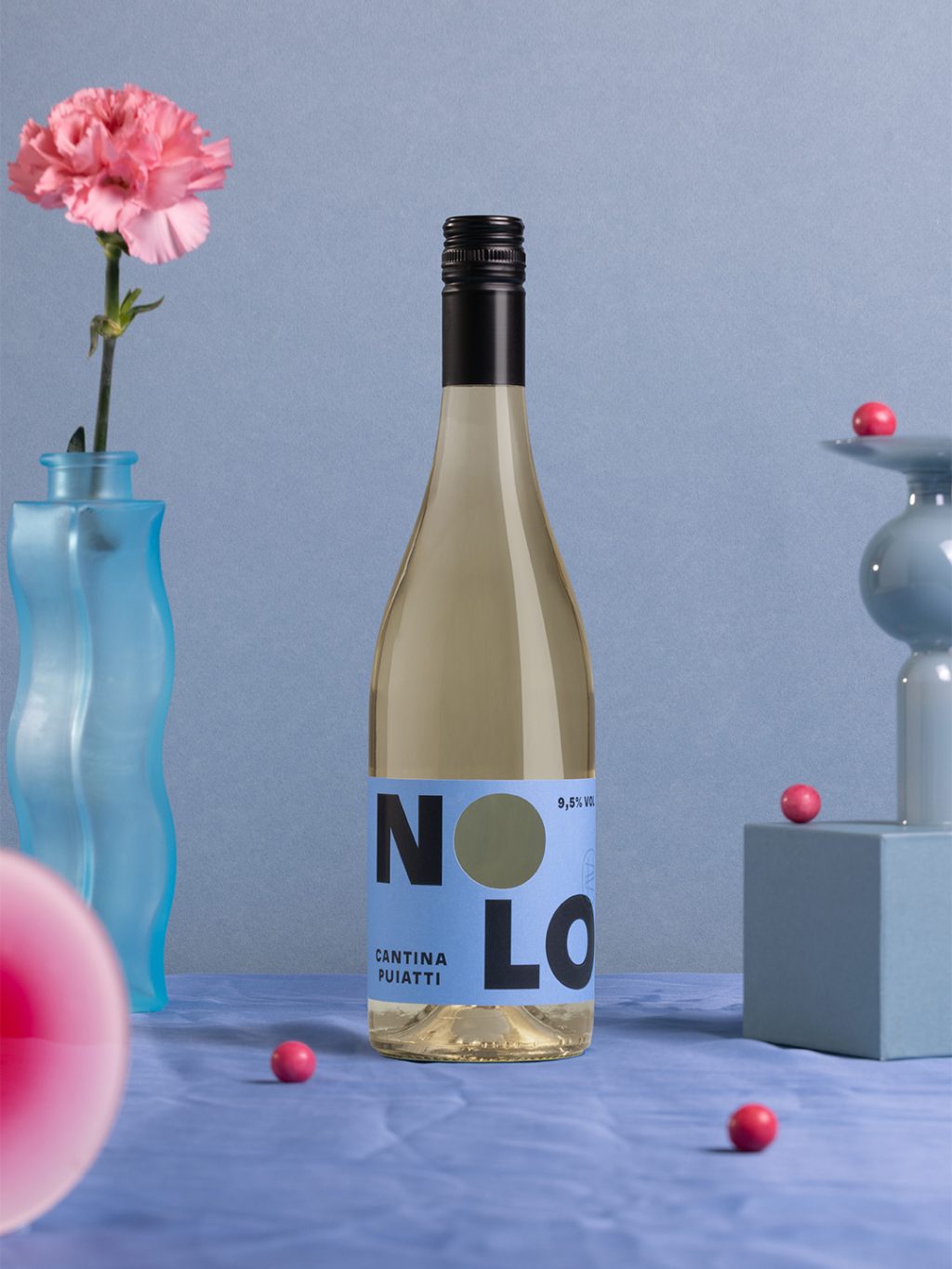
Digital transformation is another pillar. “We’ve enhanced our e-commerce platforms and launched a cross-estate wine hospitality project that turns our wineries into cultural and experiential destinations,” Lusini shares. “I’m particularly excited about Bertani’s hospitality program, which will increasingly integrate fine wine, terroir, and high-end culinary experiences.” These efforts ensure Angelini remains relevant in a dynamic market, where consumer expectations shift toward accessibility and engagement.
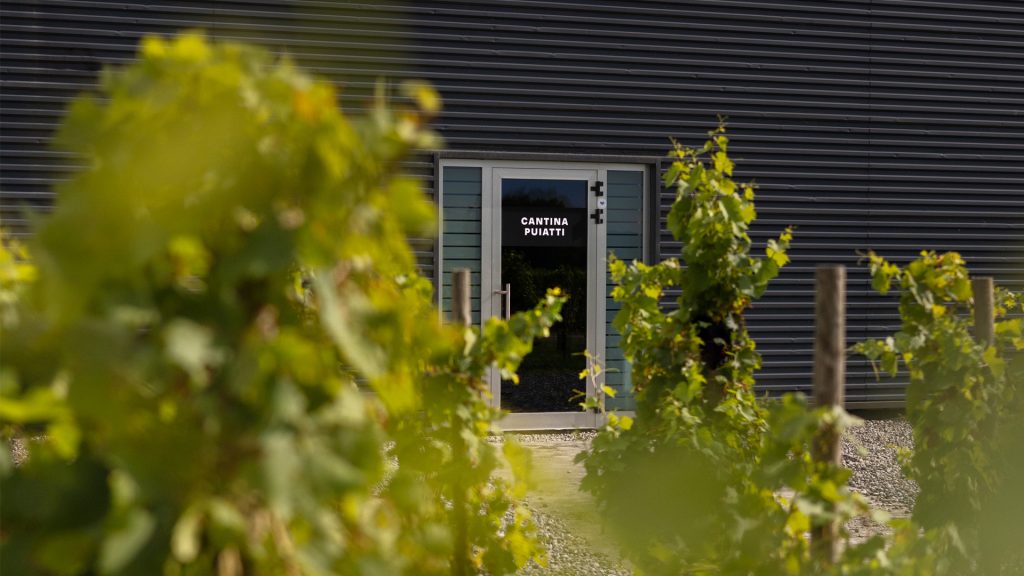
Sustainability: A Core Commitment
Sustainability is woven into Angelini’s operations, reflecting a broader ethos inherited from Angelini Industries. “Sustainability is at the heart of our operations,” Lusini affirms. “We are implementing resilient vineyard practices, initiatives to reduce our carbon footprint, and we also just released our first climate risk assessment.” Tenuta Trerose’s organic and Equalitas certifications underscore this commitment, while Bertani employs non-invasive ecological practices to preserve biodiversity.
Subscribe to our newsletter
This focus extends to the supply chain, with rigorous standards for raw materials and production processes. Lusini’s vision aligns with Angelini Industries’ century-long legacy of responsibility: “At group level, we’re rolling out an integrated ESG strategy that involves all stakeholders and aims to generate measurable environmental and social impact.”
Navigating the Global Market
The global wine market presents challenges, from economic slowdowns to shifting consumer trends. “The current market contraction has prompted us to fine-tune our strategy, with stronger attention to profitability and operational efficiency,” Lusini reveals. “We’ve chosen to focus on value and brand recognition over price competition. Quality remains our most important competitive advantage.” This approach has borne fruit in several European markets, where demand for premium Italian wines remains strong, and in Italy’s domestic market, which continues to embrace Angelini’s offerings – “confirming the strength of our brands and the relevance of our offering.” Lusini adds.
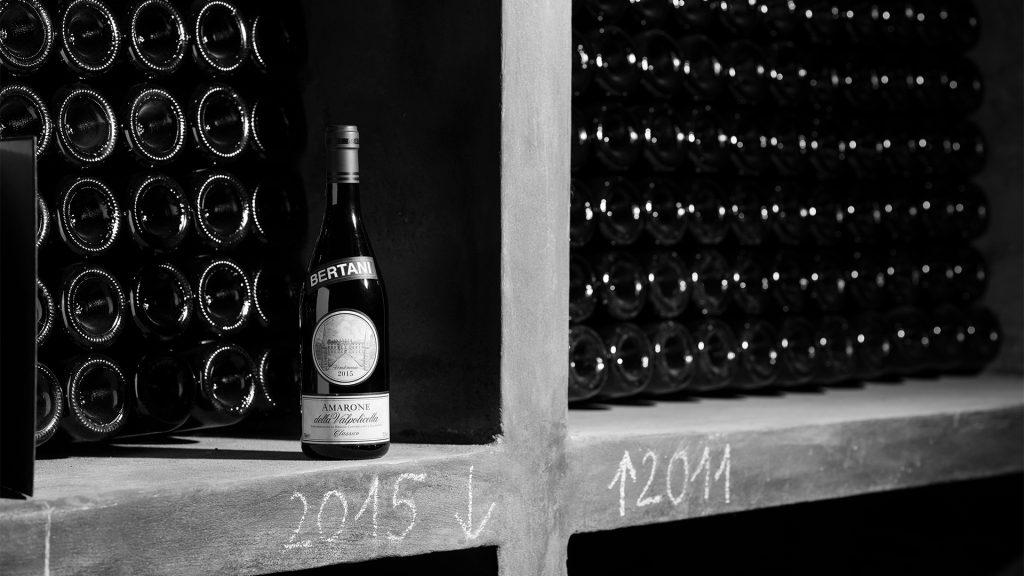
The U.S. market, though currently uncertain, is viewed as a future growth driver. “We’re confident it will soon return to being a key driver of Italian wine exports,” Lusini says.
Angelini’s global strategy hinges on storytelling. “Our goal is to establish Angelini Wines & Estates as a benchmark for premium Italian wines worldwide,” Lusini states. “We are building a distinctive and coherent portfolio, rooted in strong territorial identities and uncompromising quality.” By leveraging digital platforms and wine tourism, Angelini brings its estates’ cultural heritage to a global audience.
A Vision for the Future
Looking ahead, Lusini envisions Angelini Wines & Estates as a global reference for Italian wine. “In the decades to come, I envision Angelini Wines & Estates as a global reference point for Italian wine: a group that innovates while staying rooted, and one that leaves a lasting, positive impact on its communities and environment,” he says. This legacy is built on every bottle’s ability to convey a story – of Valpolicella’s gentle hills, Tuscany’s golden sunlight, and Friuli’s crisp whites.
As Angelini continues to innovate, from low-alcohol wines to sustainable practices, it remains anchored by its mission to narrate Italy’s terroir. In Lusini’s words, “Each bottle must tell a story – of landscape, people, and tradition.” With every sip, Angelini Wines & Estates invites the world to taste Italy’s past and future, crafted with care and vision.

